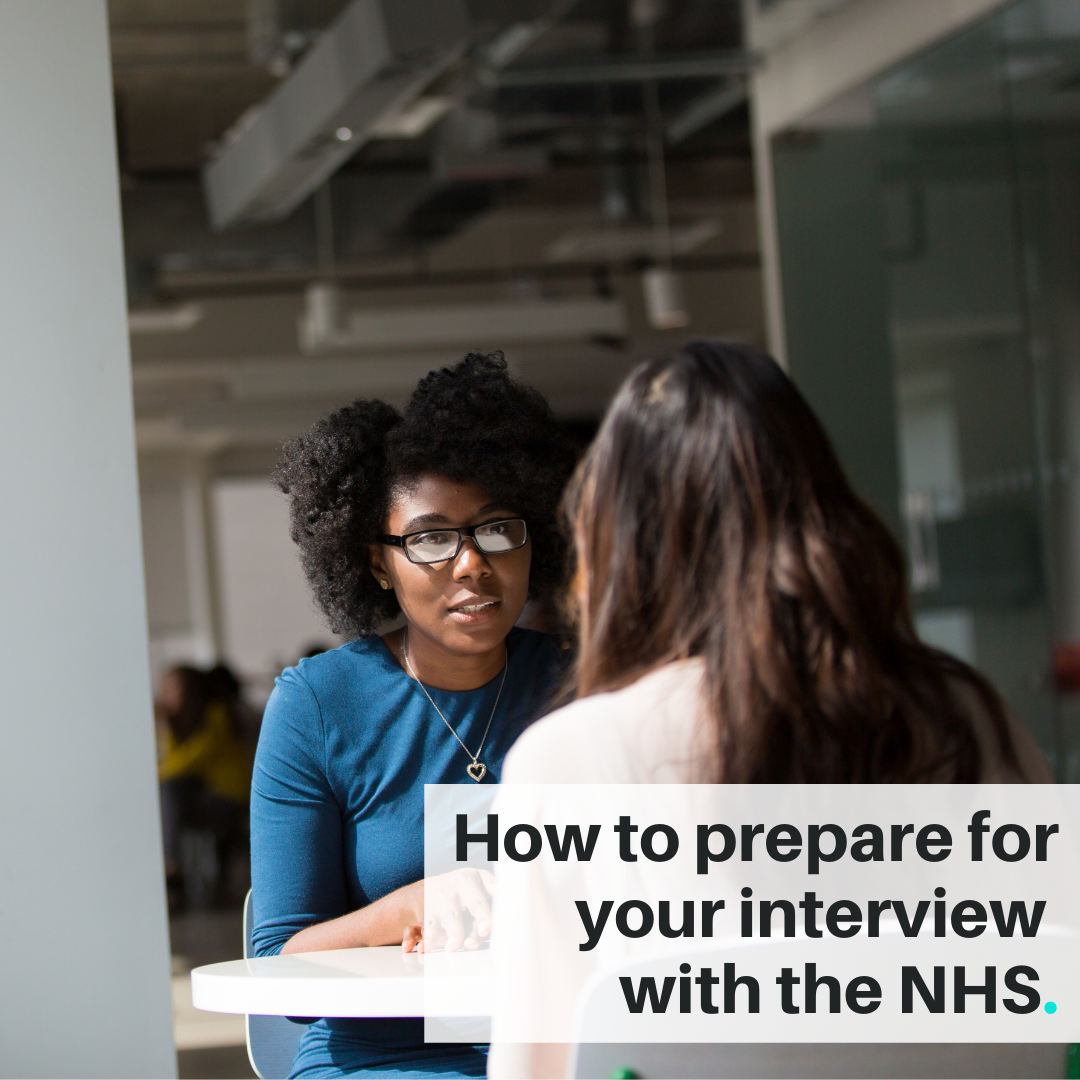
How to Prepare For Your Interview with the NHS
We are frequently asked what the interview process will be like, and what they entail.
Below we have provided some tips on what you can do to ensure the interview goes as smoothly as possible for you.
First impressions are everything
Dressing smart in office-style clothing and wearing a smile goes very far when meeting your potential new employers. This also goes along with positive body language - meaning a good posture, eye contact with all of the interviewers and no crossing arms.
It is also recommended that you try to pre-plan your route and locate the room/location you have been provided with, where the interview will be held.
Understandably, hospitals can be quite confusing, so it is best that you try to get to the interview in plenty of time in case you have any trouble with directions or traffic.
Familiarise yourself
When we refer to familiarising yourself, this means doing your homework on the organisation itself – what are their values? And how are they different to other hospitals?
Also, reminding yourself of the job description and person specification, so that you can start to think of examples in your job history that can relate to any questions asked by the people interviewing you.
Which brings us to the next point…
Prepare some examples
It is very likely that the interviewers will ask you for real-life examples of previous work experiences where you have performed well or overcome challenges, in a professional manner.
We advise thinking of at least five or six scenarios which cover different ways you have used your skill set, knowledge and experience.
Handling tough questions with confidence
Sometimes when we are trying to give our best and quickest answers in response to a question, we don’t allow ourselves the time to think or speak at a nice speed, so that the interviewers can understand what we are trying to say.
Therefore, it is always better that once they have asked you a question, you allow yourself time to process it and think of the most suitable answer.
Alternatively, if you struggle to understand the question, then just be honest and ask them if they could re-word it for you.
In some circumstances you may not have covered a situation that they have asked for an example of, but this is still a great opportunity for you to try and turn it around, to prove where you have used your initiative or skills in a similar experience.
Ask questions
It is always good to prepare some questions yourself to ask the trust, as there will be an opportunity for you to do so near the end of the interview.
Some examples of this could be:
-
Is there potential for growth?
-
Are there any exciting things going on in the trust at the moment?
-
Will there be research or training opportunities?
- What does a year look like in the role you are applying for?



